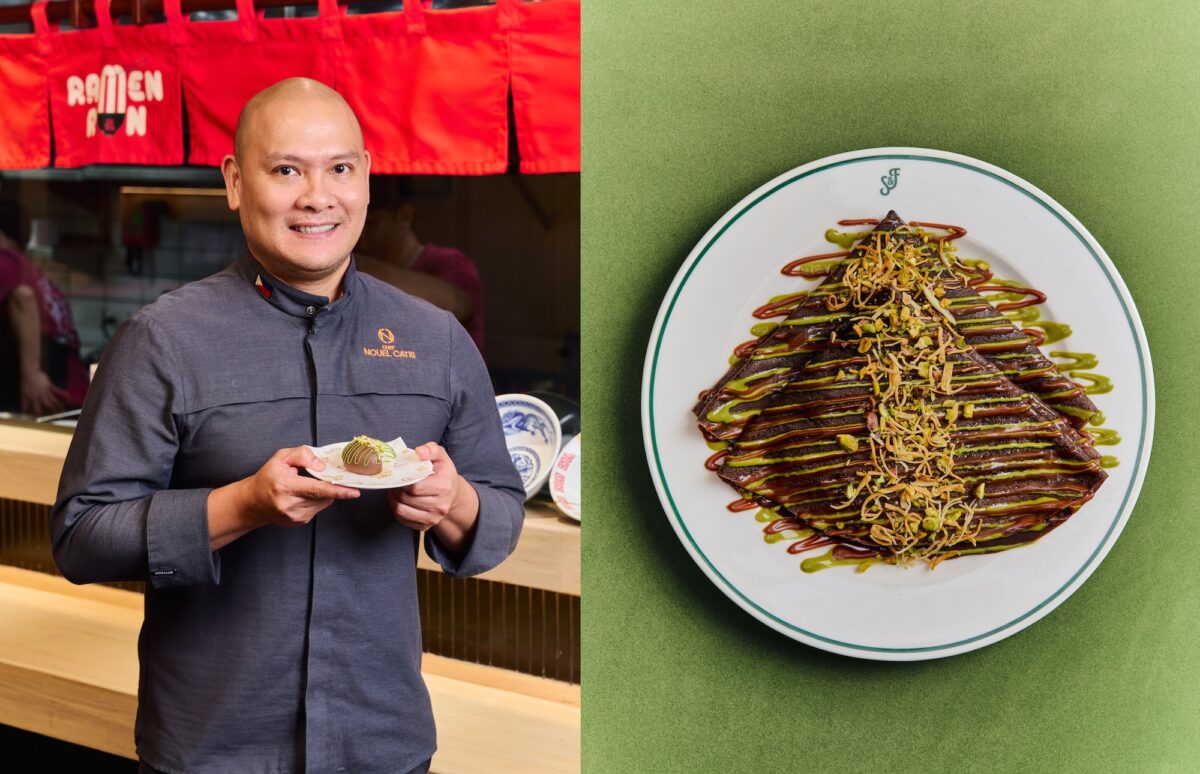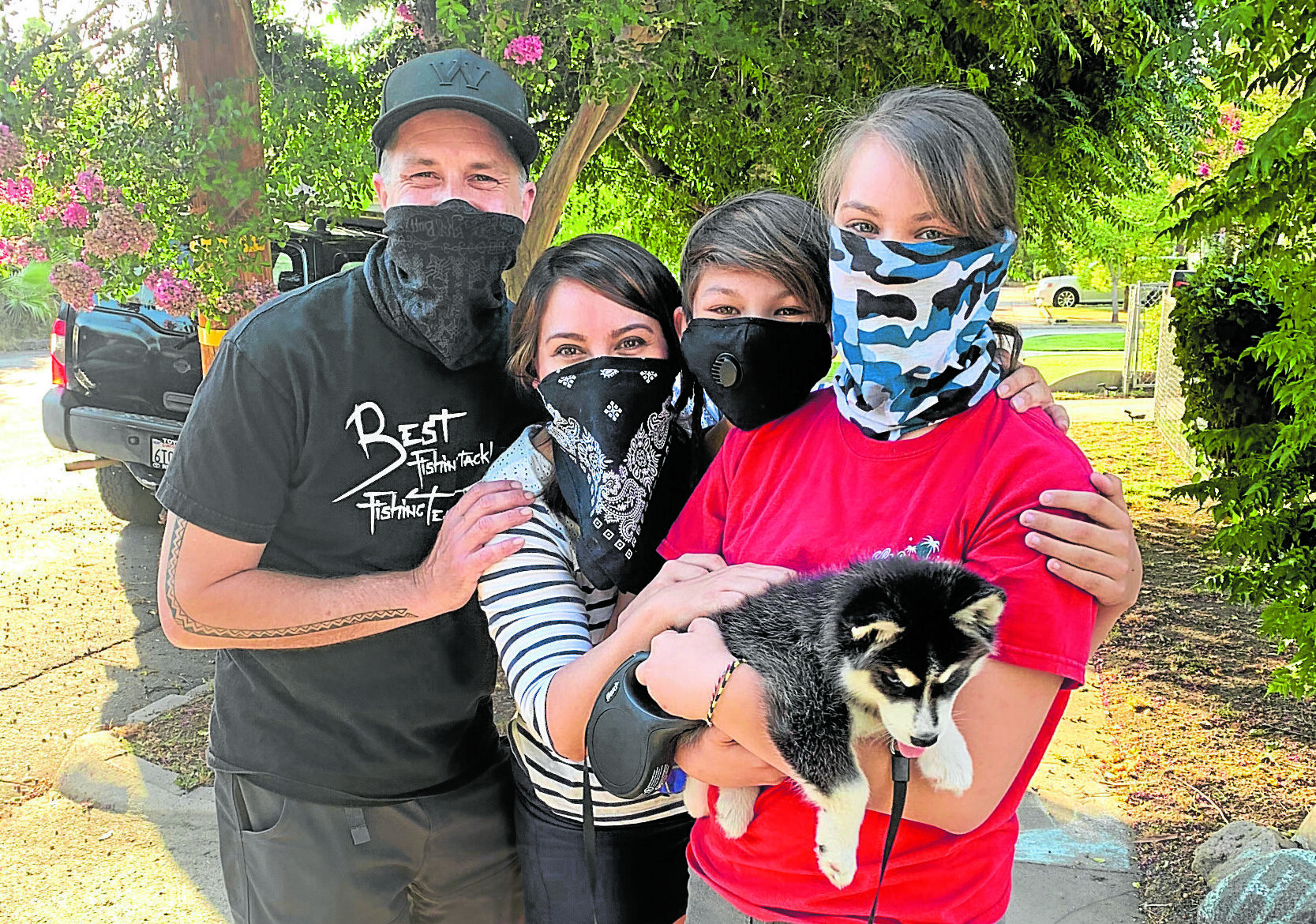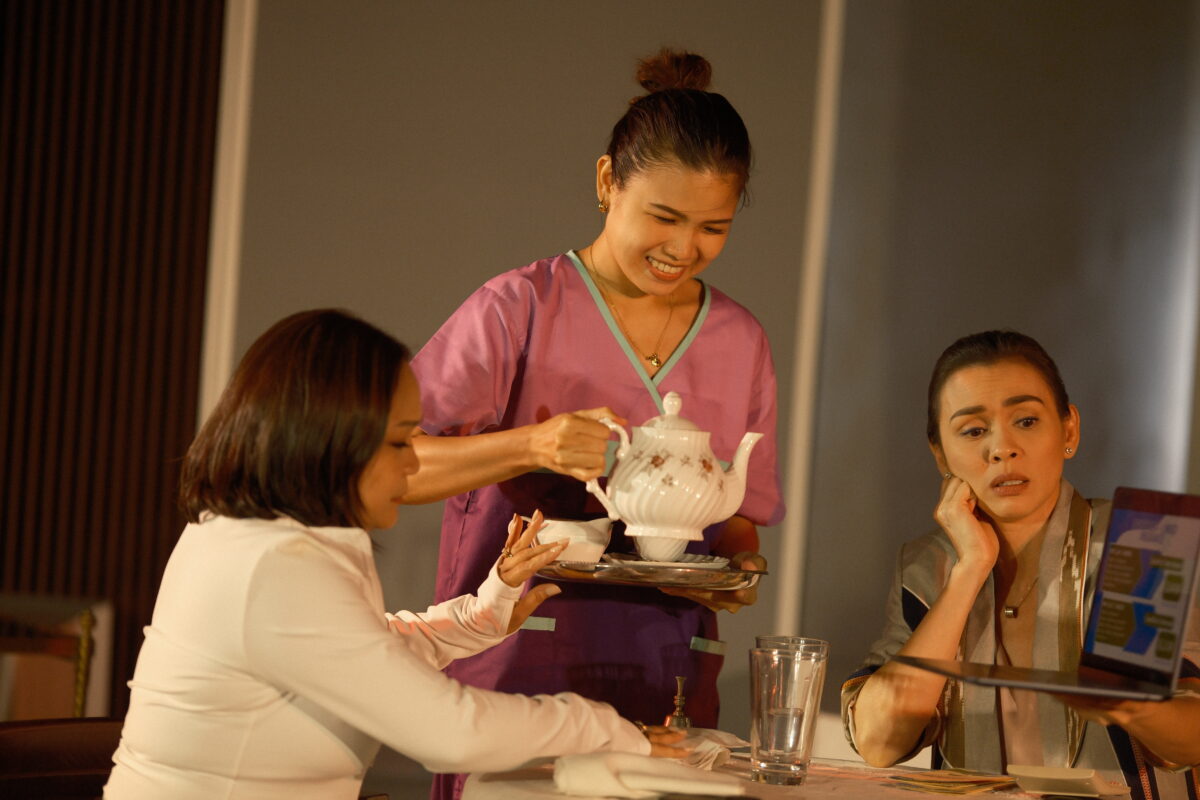
We waited till 6:24 p.m. before sitting down for dinner to break the 15-hour fast. It was the appointed time when my Muslim friends ended a self-imposed deprivation of sustenance.
Dilek and Erhan Balaban had extended an invitation to iftar, the evening meal that ends an abstinence from food, among others. This is something they practice during the 30-day Ramadan. In solidarity with them, I followed the Catholic way of fasting to be able to share something of their experience.
The Muslim calendar holds Ramadan as the holiest month of the year. It’s believed this was the time when God revealed Islam’s sacred words to Mohammed. From May 5 to June 3, Muslims intensify their spiritual exercises to deepen their relationship with God. Abstaining from food and drink from dawn to sundown, with intervals for prayer, is part of their faith practice.
The invitation to dinner at sundown was an expression of hospitality and friendship. It was also a chance to dine on home-cooked Turkish food, which I had enjoyed on two previous trips to Turkey.
The Balabans live in Turkey but Erhan works in Manila, heading the Turkish Airlines office for the past five years. His mother Dilek tries to be with him during Ramadan.

‘Meze’
Despite not being conversant in English, Dilek conveyed a warm welcome with her joyful countenance. A cooking buff, she prepared Turkish specialties for the iftar. For starters, she laid the table with appetizers. These recalled the meze plates offered onboard Turkish Airlines. Meze, popular in the Mediterranean and Middle Eastern countries, is a selection of small hot and cold food, like Spanish tapas.
I was surprised to see a plate of what appeared to be cold cuts with olives on the table. Erhan explained that the thin slices, which resembled salami, were made from halal beef, processed and prepared according to Islamic law.
Dilek also served a rice mixture with olive oil, wrapped in grape leaves called sarma. I had read that making sarma is a specialty that every woman made with a signature technique. The ones served that evening were finger-size and tightly rolled to contain the rice.
I think the same mixture was also stuffed into cut pieces of eggplant, zucchini and pepper, which were served in a separate plate. The vegetable combination is called dolma.
We started with a cold lentil soup, which Erhan explained was the traditional way to break a fast. In a past visit to Turkey, I remembered having lentil soup with every meal. But what seemed unusual then became an acquired taste—bringing back happy memories as I finished the soup.
After she had cleared the bowls, Dilek poured olive oil and lemon on a bed of greens, cucumber, carrots and tomatoes.
Homemade yogurt
Our dinner went on with Dilek filling my plate with sarma and dolma. Erhan suggested I try it with the homemade yogurt, which his mother mixed with garlic. It was a winning combination.
The yogurt was also spread liberally over the manti, a traditional Turkish dumpling of meat that resembled ravioli, but is much smaller. Dilek offered some pepper sauce for added flavoring.
While I am not into spicy food, the chili condiment enhanced the dish and I finished every last piece. Erhan had two big servings with liberal use of the pepper sauce.
Rice is also part of Turkish food and Dilek served a chicken dish on a bed of rice flavored with chicken stock. It reminded me of Hainanese chicken, the Singaporean staple that includes rice enhanced by chicken stock.
I took only a small portion of rice after having consumed the soup, salad, sarma, dolma and manti. As soon as I started eating the rice, however, my taste buds went into overdrive and I had seconds, and an exercise of restraint for a third serving. It went very well with the roasted chicken, which I combined with more salad and the yogurt.
Dilek kept the conversation going in Turkish. Sometimes Erhan would translate, other times she used an app that translated Turkish to English. She said that Filipinos are the rice experts, since it is our staple food. She, however, did a fine version with her rice dish.

Tea and dessert
We moved to the living room for tea and dessert. I remember having Turkish tea while looking out to the Bosphorus at sunset and visiting a tea farm in Rize, somewhere in Turkey’s northern coast. The brew is strongest when it is a deep, dark color.
Erhan gave an assurance that the tea we were drinking would not keep me up because it was a lighter-colored variety. Sweetened with a bit of sugar and served in a traditional Turkish tea verrine, it was pleasant and soothing after the full meal.
Dilek returned from the kitchen with a plate of flaky Turkish baklavas filled with pistachios and other nuts. Despite being inclined, I thought of foregoing dessert, but she came back with a dish of ashure served in a bowl on a silver platter.
The Turkish porridge is also known as Noah’s pudding. Legend has it that by the time the ark of the biblical patriarch had settled on Mount Ararat, the only remaining food were grains, dried fruit and nuts. These ingredients were mixed together to create ashure to celebrate the end of the flood.
Dilek said that wheat was the main ingredient in the ashure we were having. The texture reminded me of our local guinataang mais. It was not too sweet and combined sesame seeds, cinnamon, beans, dried fruits and nuts. I had no trouble consuming the entire serving.
It was a fragrant ending when Dilek offered rose water to wash my hands. The scent of a memory wafted with the refreshing hand dousing. It was in Istanbul when I first had rose jam that filled my mouth with the perfume of the flower.
I wanted to linger for more tea and conversation, but was mindful that my dinner hosts were still going to do their prayers. Taking leave was a long goodbye prolonged in the kitchen, where Dilek wrapped up the baklava, packed sarma and dolma before enfolding me in her arms and sending me off with numerous embraces.
Their hospitality was as heartwarming as the home-cooked Turkish food was filling.
It was a memorable first iftar. —CONTRIBUTED













































